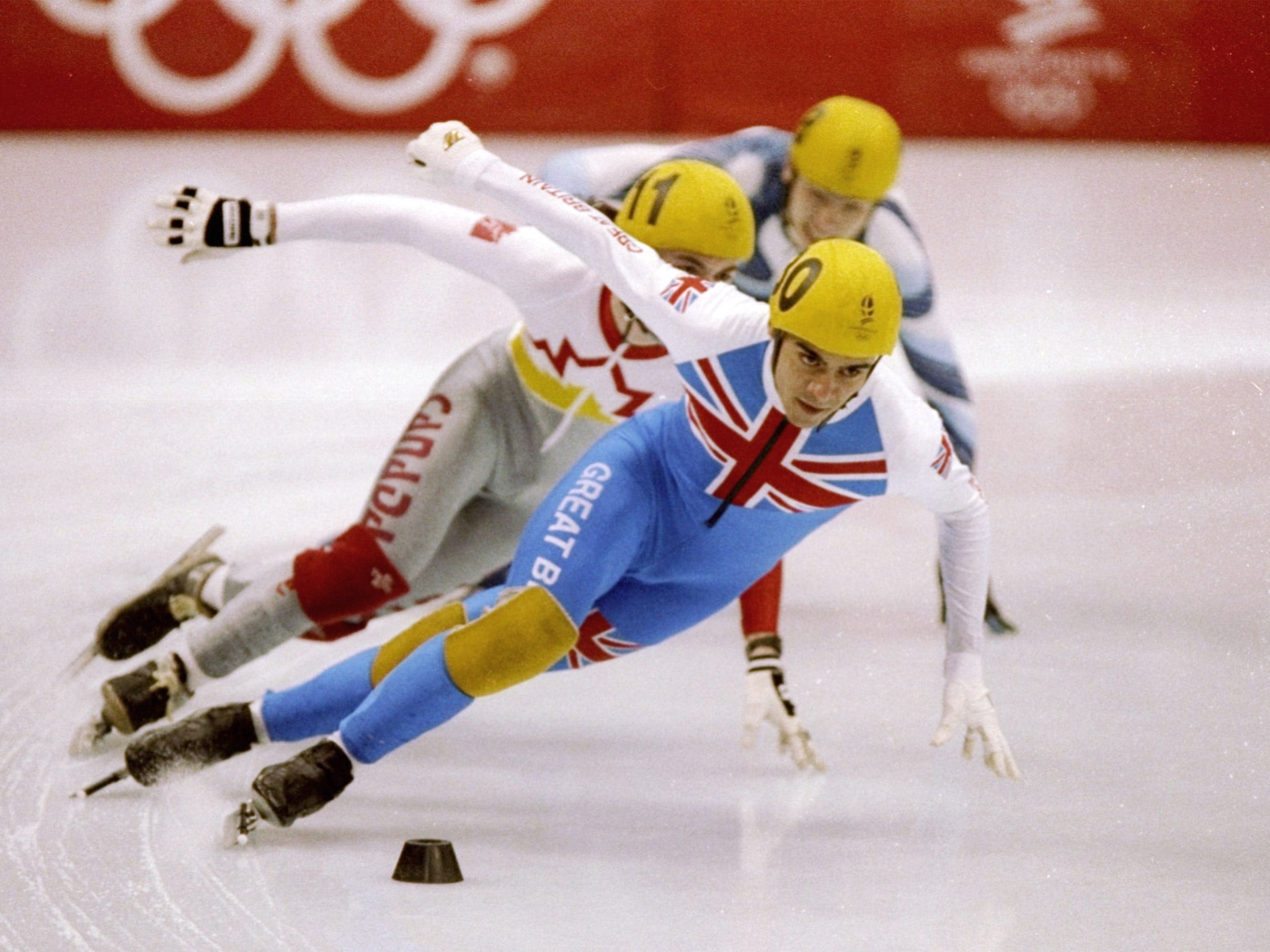Speed skaters tap into cycling's golden secrets

Your support helps us to tell the story
From reproductive rights to climate change to Big Tech, The Independent is on the ground when the story is developing. Whether it's investigating the financials of Elon Musk's pro-Trump PAC or producing our latest documentary, 'The A Word', which shines a light on the American women fighting for reproductive rights, we know how important it is to parse out the facts from the messaging.
At such a critical moment in US history, we need reporters on the ground. Your donation allows us to keep sending journalists to speak to both sides of the story.
The Independent is trusted by Americans across the entire political spectrum. And unlike many other quality news outlets, we choose not to lock Americans out of our reporting and analysis with paywalls. We believe quality journalism should be available to everyone, paid for by those who can afford it.
Your support makes all the difference.Britain’s speed-skating team are the latest sport to try to tap into British cycling’s remarkable run of success in an attempt to win a first Olympic gold at next year’s Winter Games.
The RFU and Manchester City are among other sporting set-ups to have sought advice from, or exchanged ideas with, Sir Dave Brailsford and his cycling team. Now the short-track speed skaters have altered their training regimes after consultation with Matt Parker, British Cycling’s former head of marginal gains, and Scott Gardner, who coached cycling’s sprinters at the last two Games. Exactly what the alterations are remains a closely guarded secret.
Britain are expected to take their strongest-ever team to Sochi, including Elise Christie, the current World Cup champion in the women’s 1,000 metres, and the men’s relay team, who are the 5,000m world-record holders. Wilf O’Reilly won gold for Britain when short track was a demonstration sport at the 1988 Games, but since then only Nicky Gooch, with a bronze in 1994, has made it on to the podium.
Christie’s emergence over the last year – she is also favourite to win the world title in Hungary this week – has been helped by a collaboration with Parker, who has paid several visits to the team’s training base at Nottingham ice rink. Stuart Horsepool, the sport’s performance director, has also had meetings with Brailsford.
The short-track speed- skating team is receiving record funding from UK Sport of nearly £3m towards Sochi, though spending has been concentrated on a small number of athletes capable of making the “medal zone” in Russia.
There is cautious optimism that Sochi could prove Britain’s best Winter Games since 1924 – when they won four medals – with Christie, the skeleton world champion, Shelley Rudman, and freestyle skier James Wood all genuine gold- medal prospects.
However, winter sports funding remains significantly less than for the summer Games – nearly £12.5m across six sports compared to £264m for London 2012, with skeleton collecting the most at £3.5m.
Join our commenting forum
Join thought-provoking conversations, follow other Independent readers and see their replies
Comments